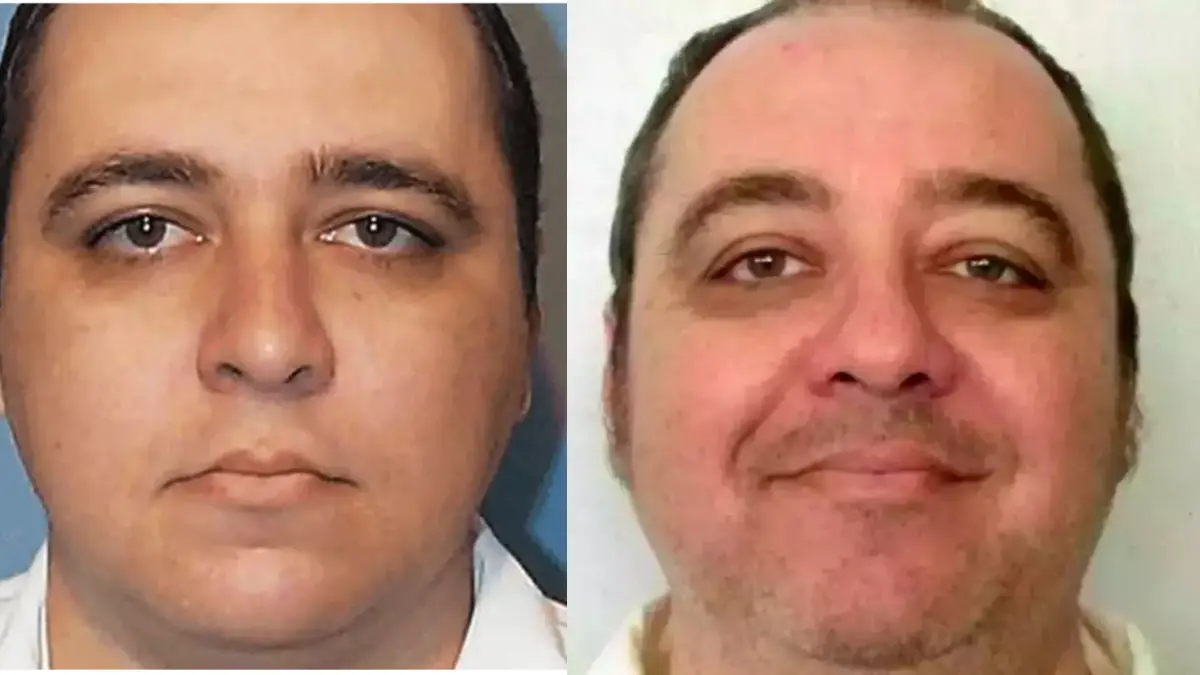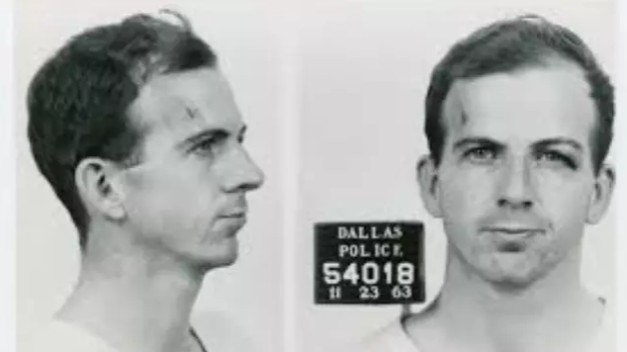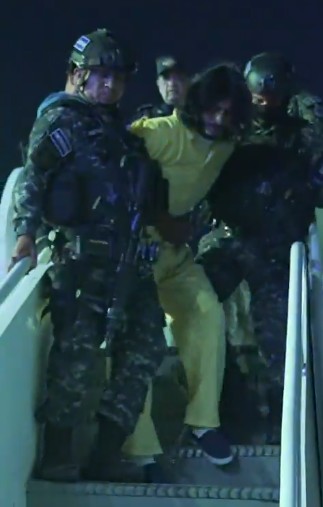Kenneth Smith, a prisoner on death row, was put to death using the novel execution method of nitrogen hypoxia.
Smith was executed on January 25 at 8.25pm CST at the Holman Correctional Facility in Alabama.
Smith, along with his accomplice John Forrest Parker, was found guilty of the contract killing of Elizabeth Dorlene Sennett in Alabama in 1988. Sennett was brutally stabbed ten times in her residence, with fatal wounds to her chest and neck. Following the discovery of his wife’s murder, Charles Sennett Sr., who had orchestrated the hit, committed suicide upon learning he was a suspect.
While Parker faced lethal injection in 2010, Smith’s 2022 execution attempt was thwarted when officials failed to establish an IV line for lethal injection before the expiry of his death warrant.
The adoption of nitrogen gas as an execution method led to legal challenges from Smith’s attorneys, who argued it breached the Eighth Amendment’s protection against “cruel and unusual” punishments. Nonetheless, the U.S. Supreme Court declined Smith’s appeal and his execution proceeded as scheduled.
Smith was declared dead 22 minutes after the execution began, leaving behind a final message: “Tonight Alabama causes humanity to take a step backwards. … I’m leaving with love, peace and light.” He also expressed gratitude to his family members present, making the ‘I love you’ sign with his hands.
Despite Alabama’s assertion that nitrogen hypoxia is “perhaps the most humane method of execution ever devised,” eyewitness accounts from the execution chamber painted a grim picture. Reporter Marty Roney described Smith’s visible distress during the process, including convulsions and apparent struggles for air.
Nitrogen hypoxia, which induces death by depriving the individual of oxygen, is a contentious execution method due to its unproven nature and potential for causing distress. Critics, including medical experts and human rights organizations, have raised concerns about its ethical implications and the risk of inhumane suffering.




